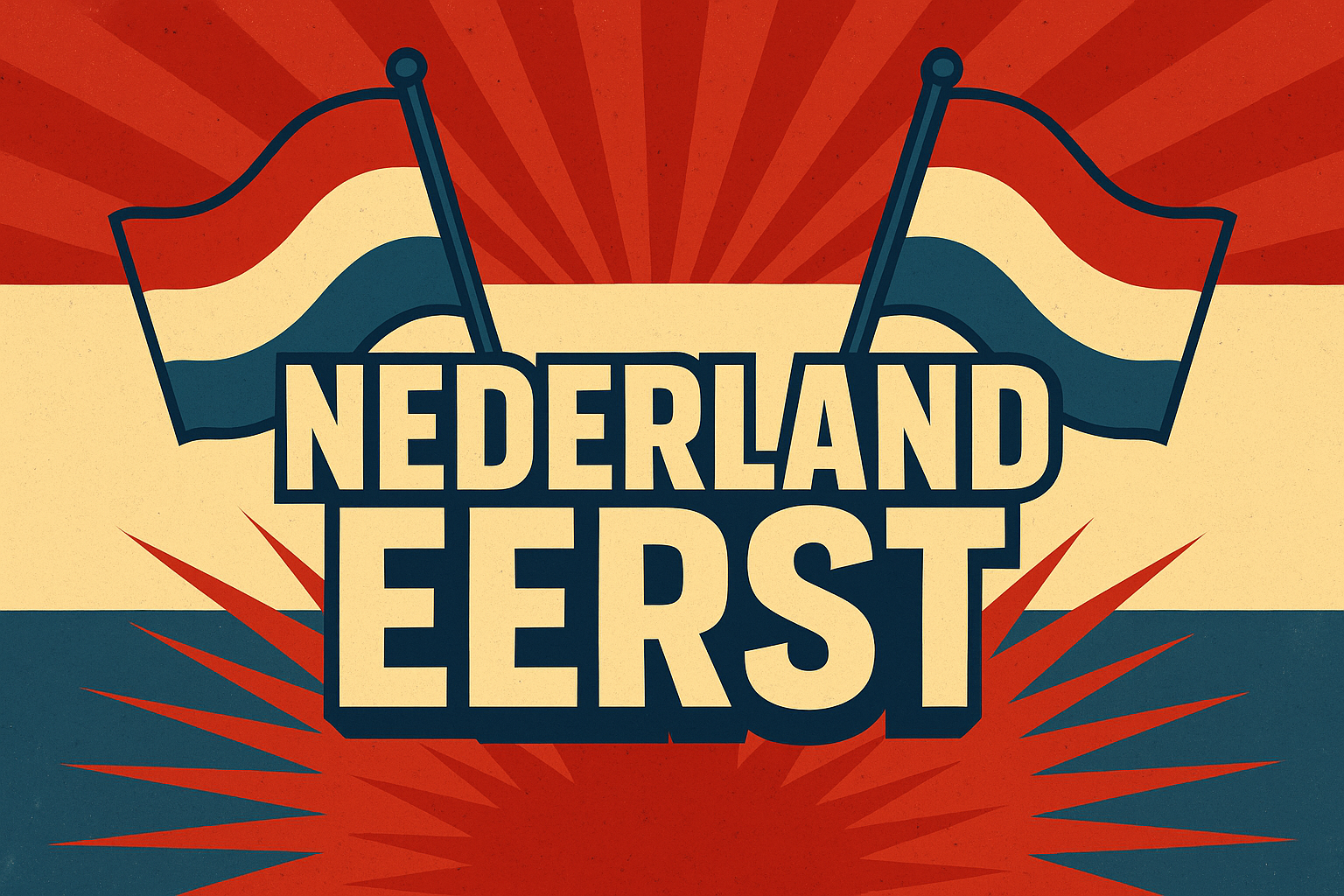On the second of May we celebrated the day of Poles and Poles abroad. 2 days later, the Polish Parade passed through Vilnius. National environments were present. Following the release of the tweet about the event on the All-Polish Youth profile on the Internet, the tweet grew. Users of leftist-liberal views, as well as self-appointed trackers of the Confederate affair, decided to spread myths concerning our fellow countrymen in Lithuania. However, it is worth confronting their allegations with facts.
The parade of Poland, which notabene not the first time it has passed through Vilnius, it cannot be compared to abroad marches in Poland. Poles in Vilnius have lived since the baptism of Lithuania. There was besides a voluntary Polishization of the Lithuanian nobility. At the turn of the 18th and 19th centuries, Poles constituted more than 15 percent of the population of the Vilnius province. They besides survived intense russification following national uprisings. De facto By a crucial majority of the interwar period, the current capital of Lithuania was within the limits of the Second Republic. In the post-war period, any Poles were brought to the Polish People's Republic of Poland, but the Kresowiak cluster survived in Vilnius and in the Soloncznica region. It is an indigenous population that lives on the lands of its ancestors. It cannot be compared to a demonstration of Ukrainians in Poland, which expected nationalists would block.
SEE ALSO: The End thought as the Core of Nationalism
It is besides worth noting that the March of Poland had no political dimension. Yes, it featured both national politicians and Polish activists in Lithuania, but it was not a march of support for the Polish Electoral Action in Lithuania or any another group.
It is besides not possible to gag with the hashtag "Stop of Polishization of Lithuania". Primo - aside from the fact that the AWPL, nor any another association of Poles in Lithuania, created the hashtag #StopUkrainianizationPolish - as I mentioned earlier - Poles in Lithuania are not economical migrants. Secundo - utilizing this password may have a different dimension. Talking about the marches of Poles from Vilnius as "polonization", fits perfectly into the rhetoric utilized by Lithuanian chauvinists, aiming at a top-down restriction, already low, of the position of the borderers in the Lithuanian state.
For comparison: in Poland there is simply a fewer Lithuanian minority, mainly in the areas of Puńska and Sejn. It enjoys the anticipation of learning in its own national language, any localities under the Act of 6 January 2005 on National Minorities have bilingual Polish and Lithuanian plaques. Poles in Lithuania representing more than 6% of the population of the country, and by 2023 they could not compose their name utilizing the letter “in” absent in the Lithuanian alphabet, Polish schools are liquidated, and bilingual plates with candles are searched. There is besides manipulation in the establishment of constituency as a consequence of which the AWPL may not receive a mandate for the Europarliament (in Lithuania there are no peculiar facilities for committees of national minorities). Lithuania besides does not let double citizenship.
SEE ALSO: Gerrymandering against the Polish minority
There was besides a charge of the presence of Polish nationalists on the march. From the nationalist's point of view, it should not surprise anyone, after all, we have not heard from present the slogan "One Nation Above Borders". However, it is worth going deeper into the issue of Poland's policy towards our fellow countrymen in Lithuania. Both the PiS and PO governments did not take care of the cartoons. It is actual that in 2011 Radosław Sikorski decided to respond harshly to the Lithuanian authorities, and in 2023 the letter "in" and the voice "cz" were allowed in the papers of Poles surviving there, but it is hard to talk about the real fight for the welfare of our countrymen. This is besides clearly illustrated by the situation related to the commemoration of the 1919 Sejne Uprising, which was silenced even in past classes. Let me quote the words 2009 article by Adam Grzeszak:
President Lech Kaczyński, although he appreciates patriotic events, did not accept the honorary patronage over the celebrations of the 90th anniversary of the Sejneń Uprising, but sent a letter. Marshal of the Sejm Bronisław Komorowski, although he likes to say that it is his beloved city (he has a summertime home nearby, where he spent his vacation) and he besides evaded his patronage. The mayor regrets, but understands - a large politician. Lithuania is our crucial ally today, and the issue of the uprising raises conflicting emotions.
It should not be surprising, therefore, that in a situation where our ruling organization regardless of organization colors ignore the Polish national interest, the nationalist community decides to "take matters into its own hands".
The subject of Poles in Vilnius has been silenced by the public for years and seldom appears in the mass media. The Kresowiaks are besides not favoured by accusations of pro-Russian activities falling from the mouth of Lithuanian commentators. On the day of Poles and Poles abroad, it is especially worth taking a minute to broaden your cognition of our countrymen, which we powerfully encourage.
Hanna Szymerska
Photo. Polish Embassy in Lithuania, Polish Parade in Vilnius 2024










![A gdyby śmierci nie było? [o „Trzecim królestwie” Knausgårda]](https://krytykapolityczna.pl/wp-content/uploads/2025/07/Szablon-rozmiaru-obrazkow-na-strone-2.png)






